Haemorrhoids
How to submit an article:
- Registered users can submit any published journal article that has a unique DOI (Digital Object Identifier) name or link to Research Hub.
- For example, you can paste the full DOI link:
https://doi.org/10.1109/5.771073or just the DOI name:10.1109/5.771073into the field above and click submit. - The person who is first to submit a valid article to Research Hub will forever be credited for it, and every article submission earns you +6 Research Points.
Haemorrhoids, also known as piles, are swollen veins in the lower rectum or anus that can cause discomfort, itching, and bleeding.
Also known as: Piles
Published research studies are articles that present the findings of original research that has undergone a peer-review process and has been made publicly available in scholarly journals, books or other media.
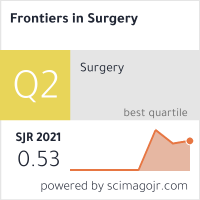
The Role of Acupuncture in Relieving Post-Hemorrhoidectomy Pain: A Systematic Review of Randomized Controlled Trials
2022 Mar 28 Frontiers in Surgery Chen H, Zhang W, Sun Y, Jiao R, Liu Z
Systematic Review Haemorrhoids ElectroacupunctureAcupuncture, particularly electro-acupuncture, may alleviate post-hemorrhoidectomy pain at certain stages, but overall effectiveness remains inconclusive.
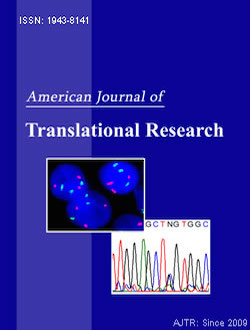
The effects of modified Buzhong Yiqi decoction combined with Gangtai ointment on the wound healing and anal function in circumferential mixed hemorrhoid patients
2021 Jul 15 American Journal of Translational Research Lu B, Du J, Wu X
Randomised Controlled Trial Haemorrhoids Gang Tai Ointment Bu Zhong Yi Qi Tang Wound HealingUsing a combined treatment of modified Buzhong Yiqi decoction and Gangtai ointment improves wound healing and anal function for circumferential mixed hemorrhoid patients.
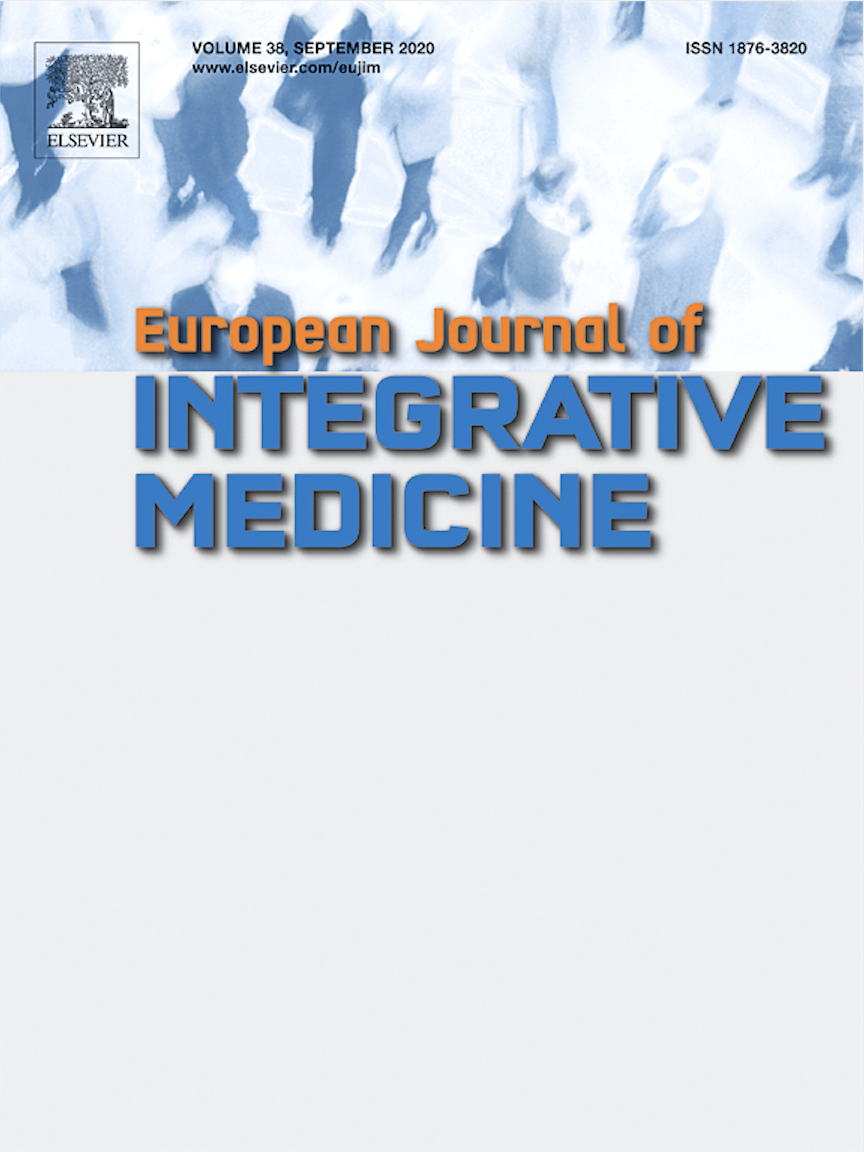
Acupuncture and related techniques for postoperative pain after hemorrhoidectomy: A systematic review and network meta-analysis
2020 Aug European Journal of Integrative Medicine Qin D, Zhang AM, Chen M, Tang TC, Du YJ, Zheng H
Systematic Review Meta-Analysis Haemorrhoids Acupressure Ear Acupuncture Postoperative PainAuricular acupressure combined with acupuncture showed the highest effectiveness in reducing post-hemorrhoidectomy pain.
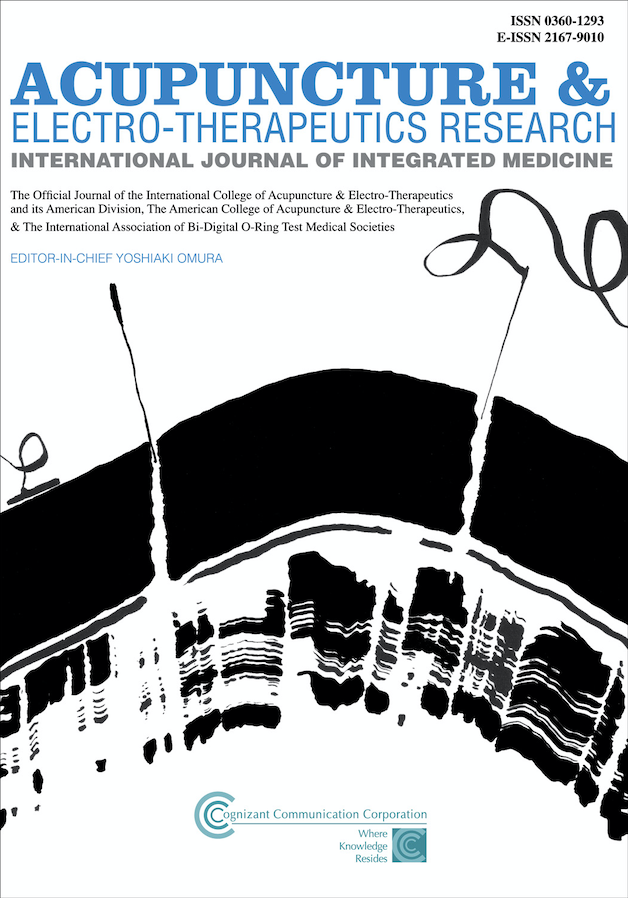
A meta-analysis of the clinical efficacy of the combination of acupuncture and Chinese medicine in the treatment of haemorrhoids
2019 Jun 01 Acupuncture & Electro-Therapeutics Research Zeng M, Cheng X, Chen G, Kou J
Systematic Review Meta-Analysis Acupuncture HaemorrhoidsAcupuncture in conjunction with Chinese medicine has shown a higher efficiency compared to only Chinese medicine in haemorrhoids treatment.
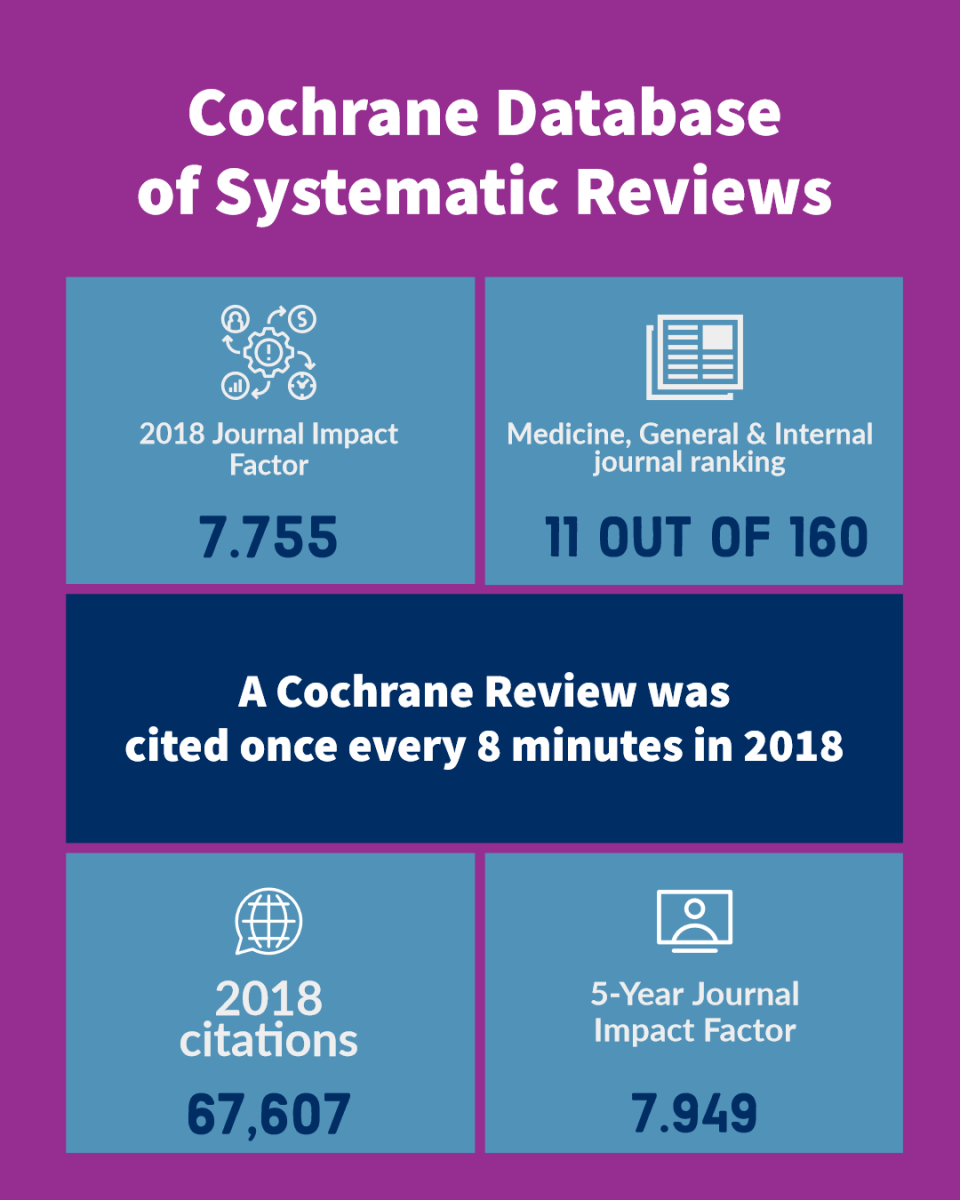
Traditional Chinese Medicine herbs for stopping bleeding from haemorrhoids
2010 Oct 06 Cochrane Database of Systematic Reviews Gan T, Liu Y, Wang Y, Yang J
Systematic Review HaemorrhoidsTraditional Chinese medicinal herbs may alleviate some symptoms of haemorrhoids, including bleeding and inflammation.
Research insights are moderated by the Research Hub team and offer an at-a-glance overview of interesting research findings.

2022 Frontiers in Surgery
Acupuncture, particularly electro-acupuncture, may alleviate post-hemorrhoidectomy pain at certain stages, but overall effectiveness remains inconclusive.
Systematic Review Electroacupuncture
The Role of Acupuncture in Relieving Post-Hemorrhoidectomy Pain: A Systematic Review of Randomized Controlled Trials
Chen H, Zhang W, Sun Y, Jiao R, Liu Z

2021 American Journal of Translational Research
Using a combined treatment of modified Buzhong Yiqi decoction and Gangtai ointment improves wound healing and anal function for circumferential mixed hemorrhoid patients.
Randomised Controlled Trial Bu Zhong Yi Qi Tang Gang Tai Ointment Wound Healing
The effects of modified Buzhong Yiqi decoction combined with Gangtai ointment on the wound healing and anal function in circumferential mixed hemorrhoid patients
Lu B, Du J, Wu X

2020 European Journal of Integrative Medicine
Auricular acupressure combined with acupuncture showed the highest effectiveness in reducing post-hemorrhoidectomy pain.
Systematic Review Acupressure Ear Acupuncture Postoperative Pain
Acupuncture and related techniques for postoperative pain after hemorrhoidectomy: A systematic review and network meta-analysis
Qin D, Zhang AM, Chen M, Tang TC, Du YJ, Zheng H

2019 Acupuncture & Electro-Therapeutics Research
Acupuncture in conjunction with Chinese medicine has shown a higher efficiency compared to only Chinese medicine in haemorrhoids treatment.
Systematic Review Acupuncture
A meta-analysis of the clinical efficacy of the combination of acupuncture and Chinese medicine in the treatment of haemorrhoids
Zeng M, Cheng X, Chen G, Kou J

2010 Cochrane Database of Systematic Reviews
Traditional Chinese medicinal herbs may alleviate some symptoms of haemorrhoids, including bleeding and inflammation.
Systematic Review
Traditional Chinese Medicine herbs for stopping bleeding from haemorrhoids
Gan T, Liu Y, Wang Y, Yang J
Review Articles
Review articles summarise and critically evaluate the current state of research on a specific topic or field by synthesising multiple primary research studies.

The Role of Acupuncture in Relieving Post-Hemorrhoidectomy Pain: A Systematic Review of Randomized Controlled Trials
2022 Mar 28 Frontiers in Surgery Chen H, Zhang W, Sun Y, Jiao R, Liu Z
Systematic Review Haemorrhoids ElectroacupunctureAcupuncture, particularly electro-acupuncture, may alleviate post-hemorrhoidectomy pain at certain stages, but overall effectiveness remains inconclusive.

Acupuncture and related techniques for postoperative pain after hemorrhoidectomy: A systematic review and network meta-analysis
2020 Aug European Journal of Integrative Medicine Qin D, Zhang AM, Chen M, Tang TC, Du YJ, Zheng H
Systematic Review Meta-Analysis Haemorrhoids Acupressure Ear Acupuncture Postoperative PainAuricular acupressure combined with acupuncture showed the highest effectiveness in reducing post-hemorrhoidectomy pain.

A meta-analysis of the clinical efficacy of the combination of acupuncture and Chinese medicine in the treatment of haemorrhoids
2019 Jun 01 Acupuncture & Electro-Therapeutics Research Zeng M, Cheng X, Chen G, Kou J
Systematic Review Meta-Analysis Acupuncture HaemorrhoidsAcupuncture in conjunction with Chinese medicine has shown a higher efficiency compared to only Chinese medicine in haemorrhoids treatment.

Traditional Chinese Medicine herbs for stopping bleeding from haemorrhoids
2010 Oct 06 Cochrane Database of Systematic Reviews Gan T, Liu Y, Wang Y, Yang J
Systematic Review HaemorrhoidsTraditional Chinese medicinal herbs may alleviate some symptoms of haemorrhoids, including bleeding and inflammation.
Clinical Trials
Clinical trials are research studies that involve people and are conducted to evaluate the safety and efficacy of new treatments or interventions, such as drugs, medical devices, or behavioural therapies.
Study Protocols
Published study protocols are detailed plans that outline the objectives, methodology, statistical analyses, and organisation of a research study that have been made publicly available for others to review and use as a reference.
Presentation Slides

Systematic Review
Acupuncture, particularly electro-acupuncture, may alleviate post-hemorrhoidectomy pain at certain stages, but overall effectiveness remains inconclusive.
Chen H, Zhang W, Sun Y, Jiao R, Liu Z

Randomised Controlled Trial
Using a combined treatment of modified Buzhong Yiqi decoction and Gangtai ointment improves wound healing and anal function for circumferential mixed hemorrhoid patients.
Lu B, Du J, Wu X

Systematic Review
Auricular acupressure combined with acupuncture showed the highest effectiveness in reducing post-hemorrhoidectomy pain.
Qin D, Zhang AM, Chen M, Tang TC, Du YJ, Zheng H

Systematic Review
Acupuncture in conjunction with Chinese medicine has shown a higher efficiency compared to only Chinese medicine in haemorrhoids treatment.
Zeng M, Cheng X, Chen G, Kou J

Systematic Review
Traditional Chinese medicinal herbs may alleviate some symptoms of haemorrhoids, including bleeding and inflammation.
Gan T, Liu Y, Wang Y, Yang J
Executive Summary
Write an executive summary in the form of a blog article on the topic of "Research into Chinese medicine treatment for Haemorrhoids" summarising the research below and using language that can be easily understood by patients and avoiding medical jargon using a professional and caring tone of voice.
Write an executive summary in the form of a blog article on the topic of "Researched Chinese medicine treatments for Haemorrhoids" summarising the research below in an objective and easy to understand way, and using language that can be easily understood by patients. Group the article into Chinese medicine treatments first, followed by nutrition and other treatments. Avoid using medical jargon and use a professional and caring tone of voice.
Write me a concise but easy to understand executive summary on the topic of "Chinese medicine treatments for Haemorrhoids" based on the following research that I will give you. Your summary should be 2 paragraphs long in Australian English spelling and include references to the studies.
A Systematic Review published in 2022 in the journal Frontiers in Surgery found that Acupuncture, particularly electro-acupuncture, may alleviate post-hemorrhoidectomy pain at certain stages, but overall effectiveness remains inconclusive. The study conducted a systematic review to assess acupuncture's effect on pain experienced post-hemorrhoidectomy. To compile the required data, the researchers closely searched through nine databases, such as PubMed and Embase, for randomized controlled trials (RCTs) home in on information concerning pain level after the surgery, the dosage of rescue analgesic medication used, patients' quality of life, and details about adverse events. Extracted data was analyzed narratively. The systematic review included four RCTs that encompassed a total of 275 patients. One observed study demonstrated that patients who underwent electro-acupuncture recorded significantly lower pain scores on the visual analog scale post-surgery and during their first defecation compared to those in the sham acupuncture group. Similar trends appeared on the verbal rating scale and Wong-Baker Faces scale but at varying time points. Another study displayed that electro-acupuncture was successful in relieving pain during defecation, up to a week following surgery, more so than local anesthetics. However, two trials that compared manual acupuncture with active medications for post-hemorrhoidectomy pain demonstrated inconsistent results.
A Randomised Controlled Trial published in 2021 in the journal American Journal of Translational Research found that Using a combined treatment of modified Buzhong Yiqi decoction and Gangtai ointment improves wound healing and anal function for circumferential mixed hemorrhoid patients. The researchers enrolled 120 patients with circumferential mixed hemorrhoids into this trial. After undergoing a surgical procedure, these participants were randomly sorted into two groups for treatment. The control group received chitosan hydrogels for wound healing on a daily basis. Meanwhile, the research group was treated with a daily oral dose of modified Buzhong Yiqi decoction together with Gangtai ointment applied externally twice a day for two weeks. Observations for comparison between groups included effective rates, pain indexes, perianal edema scores, quality of life score, wound healing and pain resolution times, anal functions, wound exudate scores, as well as adverse reactions. In comparing the results of the experiment, it was found that the modified Buzhong Yiqi and Gangtai ointment combination gave better results across most measured outcomes. The research group showed a higher effective rate, reduced pain, and less perianal edema. The group's quality of life was improved, and their wounds healed more quickly with less pain experienced during recovery. Being able to maintain anal function was found to be more successful in the research group, and they had fewer incidences of adverse reactions. Furthermore, changes in wound exudate scores at 7 and 14 days post-treatment were lesser than those observed in the control group.
A Systematic Review published in 2020 in the journal European Journal of Integrative Medicine found that Auricular acupressure combined with acupuncture showed the highest effectiveness in reducing post-hemorrhoidectomy pain. A systematic review and network meta-analysis was used to identify the comparative efficiency of various acupuncture-related techniques for pain relief following hemorrhoidectomy. Searches were conducted across several databases, including MEDLINE, Embase, the Cochrane Library Chinese biomedical database, and China journal full-text database, from January 1, 1996, to February 1, 2020. The search targeted randomized controlled trials assessing the effectiveness of acupuncture and related techniques. The Cochrane risk of bias instrument and GRADE were used to determine the quality of the included trials, and the data were processed using a random-effects model. The study analyzed 107 randomized controlled trials, assessing the relative effectiveness of 40 treatments technique and 48 randomized controlled trials were used to analyze a responder rate. The results showed that Auricular acupressure plus acupuncture, acupuncture, other acupuncture techniques and auricular acupressure were significantly more effective than usual care. Furthermore, auricular acupressure plus acupuncture emerged as the most effective treatment. An additional round of analysis that focused on pain intensity was carried out, using 72 of the original randomized controlled trials. This study found that offering eight treatments had a higher effectiveness compared to usual care, with auricular acupressure plus acupuncture emerging as the most potent relief method.
A Systematic Review published in 2019 in the journal Acupuncture & Electro-Therapeutics Research found that Acupuncture in conjunction with Chinese medicine has shown a higher efficiency compared to only Chinese medicine in haemorrhoids treatment. The research adopted a systematic review and meta-analysis of randomized clinical trials using Review Manager 5.3. It highlighted and evaluated trials where the combined treatment of acupuncture and Chinese medicine was compared against Chinese medicine alone for haemorrhoids. The parameters taken into account for the outcomes of this analysis included the effective rate, recurrence rate, and symptom scores before and after treatment. These symptoms comprised perianal edema, hemafecia, perianal pain, pruritus ani, and prolapse of haemorrhoids. The results from the trials included in this meta-analysis, showed a distinct improvement in clinical efficacy for the combined use of acupuncture and Chinese medicine over just Chinese medicine alone in the treatment of haemorrhoids. Not only was the effective rate higher, but the recurrence rate was lower. Furthermore, there was significant improvement in all the assessed symptoms – perianal edema, hemafecia, perianal pain, pruritus ani, and prolapse of haemorrhoids - showing a more comprehensive treatment impact. The experiment's combined treatment displayed a 7% higher efficiency compared to the control group just using Chinese medicine.
A Systematic Review published in 2010 in the journal Cochrane Database of Systematic Reviews found that Traditional Chinese medicinal herbs may alleviate some symptoms of haemorrhoids, including bleeding and inflammation. The research methodology comprised an expansive literature search across various databases for randomized clinical trials (RCTs) focused on Chinese herbs in treating bleeding haemorrhoids. The selected trials were evaluated by two independent researchers, who extracted the necessary data and analysed it using RevMan 5.0 software. The findings from nine trials encompassing 1822 patients with bleeding haemorrhoids were discussed. These trials, although of varying quality, investigated either a Chinese herb formulation versus another herb (Type I) or western medicines (Type II). While not all the trials employed the same interventions for comparison, a significant improvement in the overall curative effects and severity of symptoms was found in six trials using Chinese medicinal herbs. These herbs showed effectiveness in reducing symptoms such as bleeding, inflammation of the perianal mucosa, and congested haemorrhoidal cushions. Adverse effects reported were minimal and not serious.
Moderation Tools
Topic
Sign In
Users not signed in are limited to viewing the 5 most recent items of content.